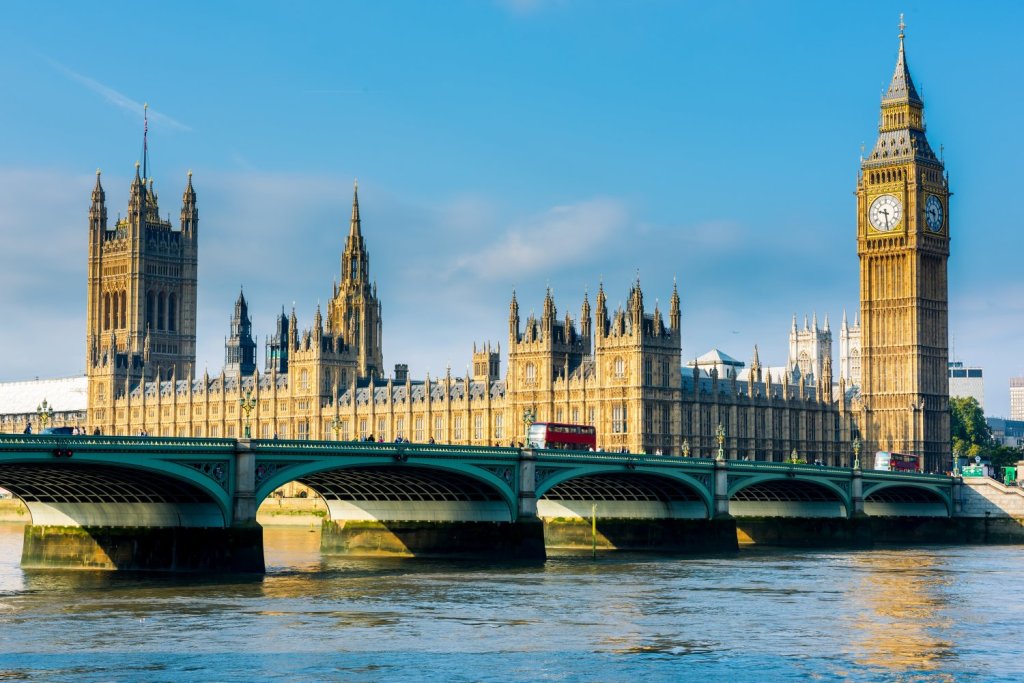The toughest late payment laws in the G7, less red tape for hospitality businesses, and a £4 billion support package – the government has published its Plan for Small Business.
It’s being called ‘the most significant legislative reforms in 25 years’ for small businesses. But how will the changes work for you? And when will they come into effect?
The Plan for Small Business: at a glance
- revitalising the high street – the government plans to make it easier for empty shops to be filled by small businesses. As well as reducing red tape for businesses looking to extend their opening hours or add an outdoor seating area. They’re also committing to transforming business rates permanently
- tackling late payments – new legislation will give the Small Business Commissioner (SBC) stronger powers, including the ability to fine large firms for not meeting payment terms. Payment terms will be set at a maximum of 60 days, with plans to reduce this to 45 days in the future
- more financial support – small businesses will receive a £4 billion financial boost, including 69,000 new Start-up Loans and a stronger British Business Bank to support business growth and investment
Small Business Commissioner to tackle late payment
According to the government, 38 businesses close each day due to late payment. That’s why reducing late payment is a core aim of their Plan for Small Business, potentially unlocking £11 billion for small businesses.
News laws will allow the Small Business Commissioner, Emma Jones CBE, to fine firms that pay their suppliers late. The SBC will be given powers to enforce better payment habits from big businesses, like:
- being able to carry out spot checks on business’s repayment habits
- enforce a ‘30-day invoice verification period’ where businesses must raise any dispute on an invoice within 30 days of receiving it
- introduce a maximum payment term of 60 days, lowering to 45 days in the future, for business to pay their suppliers
There’ll also be audit committees who’ll be legally required to evaluate the payment practices of large firms – with mandatory interest charges being levied at businesses that pay late.
Prime Minister Sir Keir Starmer commented on the plan’s impact: “Too many hardworking people are being forced to spend precious hours chasing payments instead of doing what they do best – growing their businesses. It’s unfair, it’s exhausting, and it’s holding Britain back. So, our message is clear: it’s time to pay up.”
More financial support for small businesses
But there’s recognition from the government that small businesses need support beyond late payments. That’s why a £4 billion package will soon be launched, with £1 billion being set aside for Start-Up loans.
There’ll also be a £3 billion increase to the British Business Bank’s ENABLE programme, taking the overall funding to £5 million. The ENABLE programme will enable the government to encourage lenders to loan to small businesses.
The lenders are given a government-backed guarantee on a portion of the loans to reduce some of the risk of not being repaid. This also means they can offer better loan terms with lower interest.
And the investment in Start-Up loans is set to provide 69,000 new loans to aspiring entrepreneurs, with an expected increase in the average loan size from £12,000 to £15,000.
These loans are government-backed, unsecured personal loans with a fixed interest rate of six per cent per annum.
Reducing red tape for high street businesses
Hospitality, and more broadly the high street, have been affected by the recent economic climate. Consumer behaviour has changed significantly and the tax burden has increased – leaving many high street businesses struggling.
The government has announced more plans for revitalising the high street, which builds on the High Street Rental Auction scheme. The aim is to reduce the admin for high street businesses and fast track approvals for extended opening hours and al fresco dining.
But there’s a whole host of changes on the way:
- transforming business rates by 2029, permanently introducing lower business rates multipliers for high street retail, hospitality, and leisure properties with rateable values below £500,000
- communities funding for up to 350 places around the UK, with the aim of helping businesses drive forward changes in their neighbourhoods
- banning ‘upward only rent review clauses’ in commercial leases, to make running a business fairer and more affordable
- continuing the High Street Rental Auctions to turn empty properties and unused space into businesses. Plus a new community ‘Right to Buy’ scheme that means communities can buy important buildings and spaces to be publicly owned
- making high streets safer with 13,000 more police officers to provide visible community policing to stop crimes like shoplifting or vandalism
- a Safer Streets initiative will work with industry and small business representatives to tackle the problem of tool theft
More useful guides for small business owners
- Small business tax changes: new thresholds, rates, and allowances
- HMRC transformation roadmap
- Fair Payment Code – is it helping small businesses
- The 8 best self-employed accounting software for 2025
Ready to set up your cover?
As one of the UK’s biggest business insurance providers, we specialise in public liability insurance and protect more trades than anybody else. Why not take a look now and build a quick, tailored quote?
